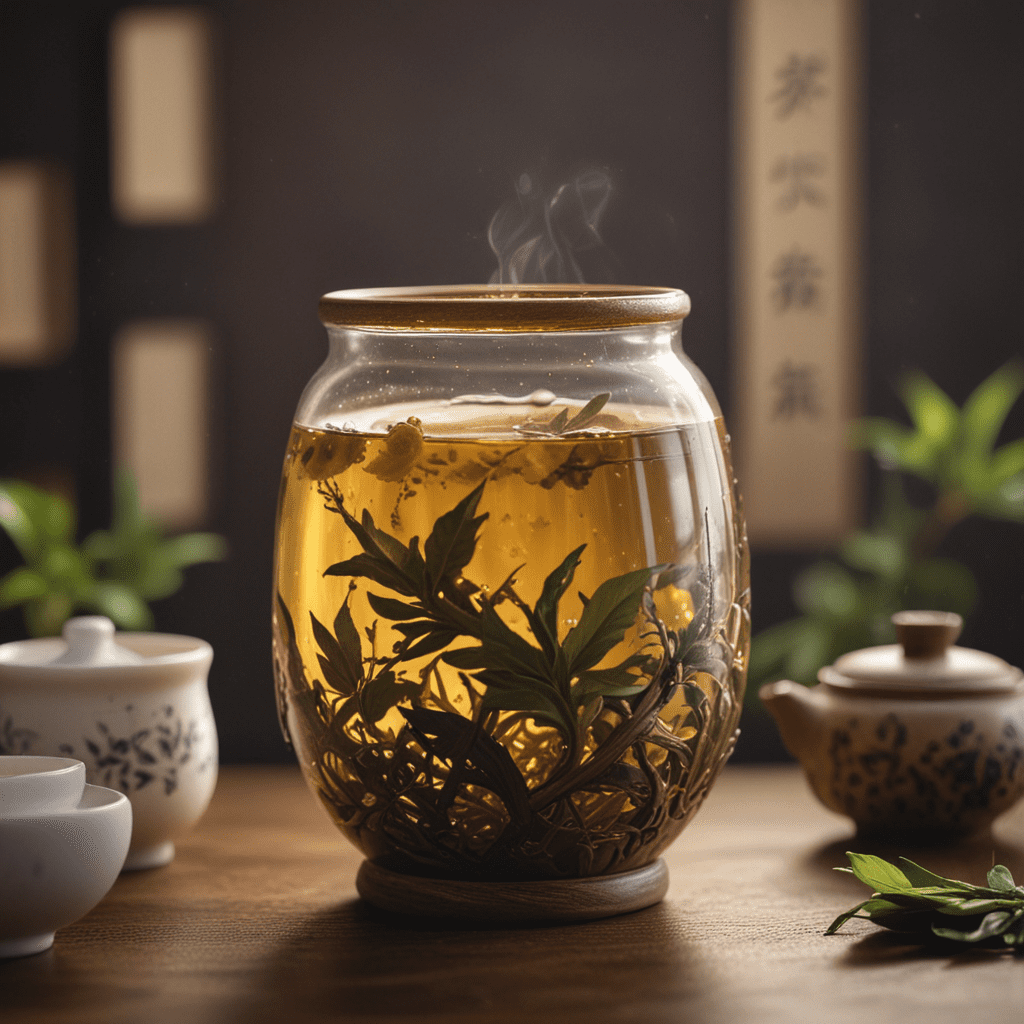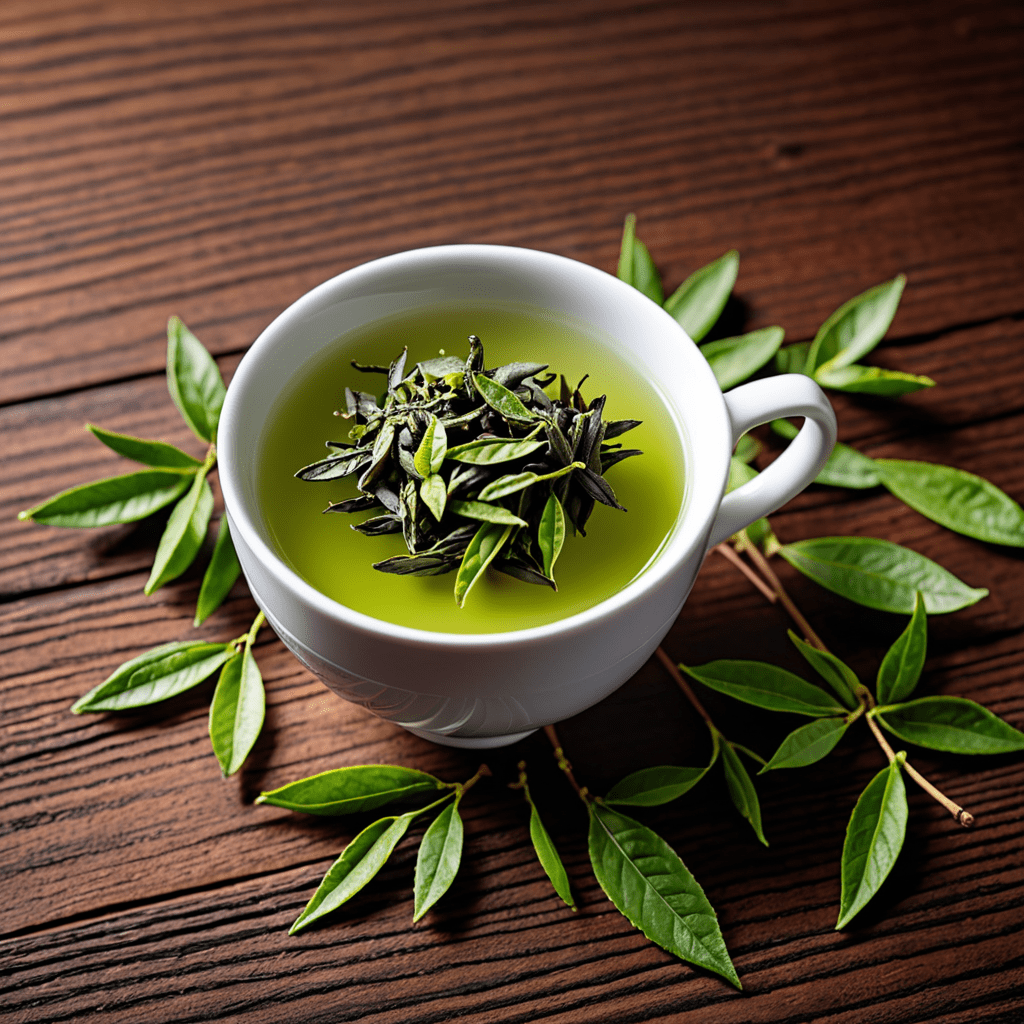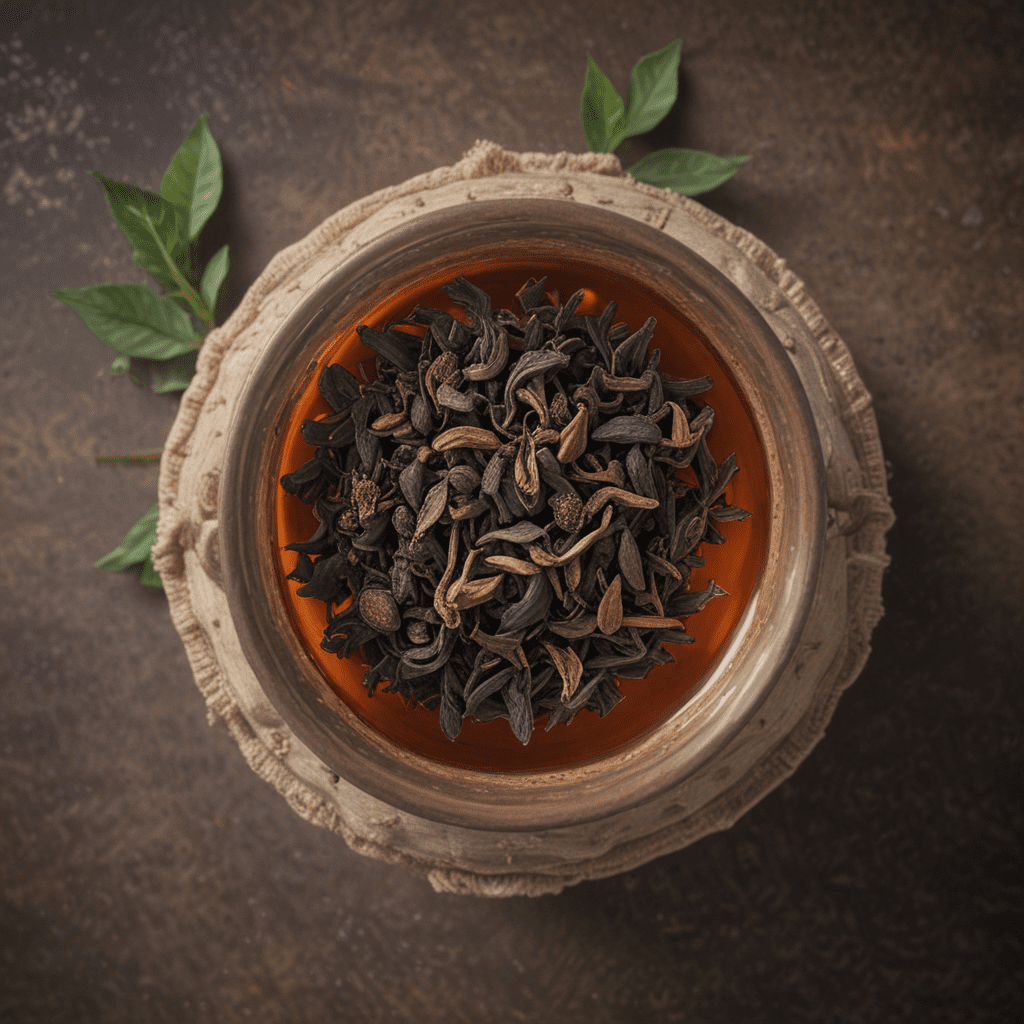
Introduction: Uncovering the Essence of Chinese Tea Culture
Tea, an integral part of Chinese culture, holds a profound significance that extends beyond its taste and health benefits. Chinese tea culture is a tapestry of traditions, customs, and festivals that have been passed down through generations, shaping the way tea is cultivated, prepared, and enjoyed. Embark on a journey into the depths of Chinese tea culture to uncover its beauty and significance, and delve into the rich history and vibrant customs that make tea an indispensable part of Chinese life.
China’s Rich Tea History: A Legacy of Tradition
China's tea history dates back to ancient times, with the first recorded tea consumption occurring during the Han dynasty around 200 BC. Over the centuries, tea has evolved from a medicinal beverage to a cultural icon, intertwined with Chinese philosophy, art, and literature. Emperors and scholars have extolled its virtues, and tea has been an essential part of social gatherings and religious ceremonies. Today, China remains the world's largest tea producer, with its diverse regions producing a vast array of teas, each with its unique characteristics and flavors.
Tea Festivals: Celebrating the Harvest and Honoring Heritage
Tea festivals are an integral part of Chinese tea culture, providing opportunities to celebrate the harvest, honor traditions, and share the joy of tea with others. These festivals are held throughout the year, coinciding with different stages of the tea growing season. Each festival has its own unique customs and rituals, reflecting the deep connection between tea and Chinese life.
Spring Tea Festival: Rituals and Customs in Harmony
The Spring Tea Festival, also known as the Mingqian Festival, marks the beginning of the tea harvest season. Held around early April, this festival celebrates the first flush of tea leaves, which are considered to be of the highest quality. Tea farmers perform traditional rituals to bless the tea plants and ensure a bountiful harvest. Tea enthusiasts gather to enjoy the fresh, aromatic tea, savoring its delicate flavors and celebrating the arrival of spring.
Qingming Festival: Tea Appreciation and Tomb-Sweeping Traditions
The Qingming Festival, observed around early April, combines tea appreciation with the tradition of tomb-sweeping. During this festival, families visit the graves of their ancestors to pay their respects and offer tea as a token of remembrance. Tea enthusiasts also gather to enjoy the fresh spring tea, appreciating its delicate flavors and aromas.
Grain Rain Festival: Time for Fertilization and Tea Garden Care
The Grain Rain Festival, falling around mid-April, marks the time for fertilizing tea plants and tending to tea gardens. Tea farmers engage in various activities to ensure the health and productivity of their crops. They apply organic fertilizers to nourish the soil and promote healthy plant growth. This festival is vital for the production of high-quality tea.
Dragon Boat Festival: Tea Customs and Dumpling Delights
The Dragon Boat Festival, held around late May or early June, is a vibrant celebration that combines boat races, dumpling eating, and tea drinking. Tea is an integral part of the festival's customs, with people consuming special tea blends believed to ward off evil spirits. The aromatic tea pairs well with the traditional rice dumplings, creating a harmonious blend of flavors and traditions.
Summer Solstice Festival: Herbal Tea Preparations and Sun Celebrations
The Summer Solstice Festival, occurring around late June, celebrates the longest day of the year. On this day, people prepare herbal teas using plants such as chrysanthemum, honeysuckle, and mint. These herbal teas are believed to have cooling and refreshing properties, helping to combat the summer heat. Additionally, the festival involves rituals and ceremonies to honor the sun and celebrate the abundance of nature.
Seventeenth of July Festival: Tea Offerings for Prosperity and Fortune
The Seventeenth of July Festival, also known as the Zhongyuan Festival, falls around mid-August. During this festival, families offer tea to their ancestors as a symbol of respect and remembrance. People also burn incense and make offerings of food to honor the spirits of their loved ones. The festival is believed to bring prosperity and fortune to those who participate in its traditions.
Conclusion: Embracing the Beauty and Significance of Chinese Tea Culture
Chinese tea culture is a tapestry of traditions, customs, and festivals that have shaped the way tea is cultivated, prepared, and enjoyed for centuries. From the ancient rituals of the Spring Tea Festival to the tea offerings made during the Seventeenth of July Festival, each event holds a profound significance, connecting tea with the fabric of Chinese life. Embracing the beauty and significance of Chinese tea culture allows us to appreciate the depth and richness of this ancient tradition.
FAQs
What is the most important tea festival in China?
- There is no single "most important" tea festival, as each festival holds its own unique significance. The Spring Tea Festival, Qingming Festival, and Dragon Boat Festival are among the most popular and widely celebrated.
What is the significance of tea in Chinese culture?
- Tea is more than just a beverage in China; it is an integral part of the country's culture and history. Tea has been used for medicinal purposes, religious ceremonies, and social gatherings for centuries.
How many tea festivals are there in China?
- There are numerous tea festivals held throughout China each year, with some of the most notable being the Spring Tea Festival, Qingming Festival, Grain Rain Festival, Dragon Boat Festival, Summer Solstice Festival, and the Seventeenth of July Festival.

